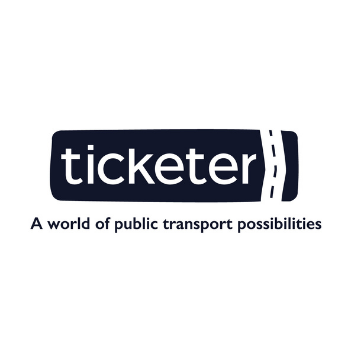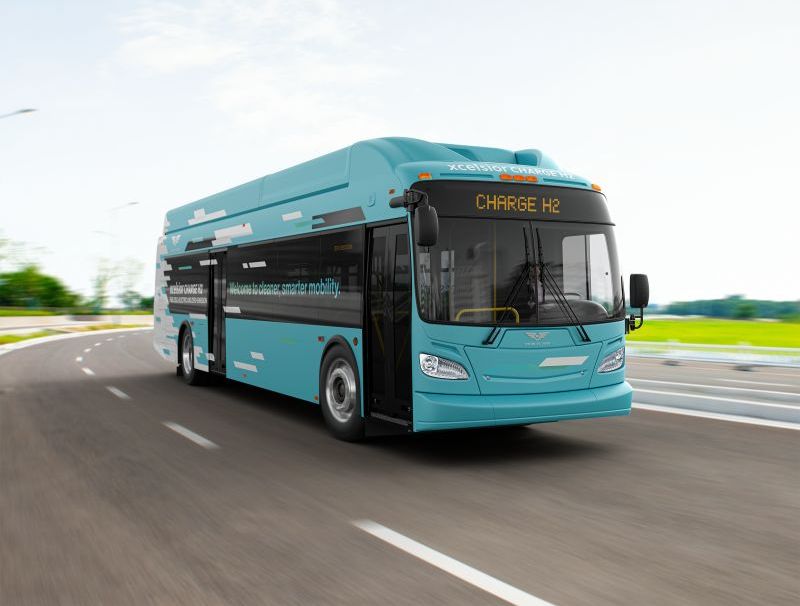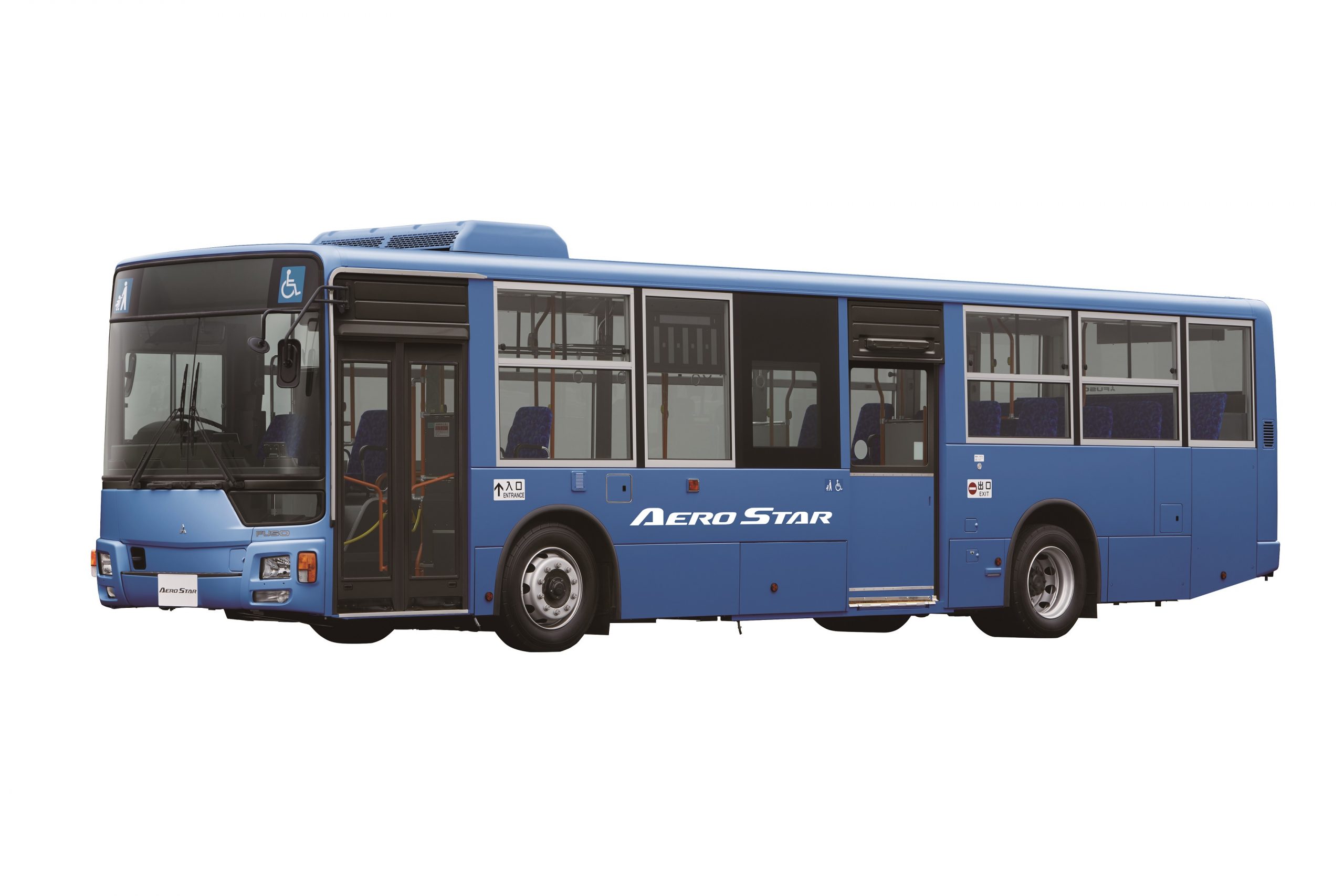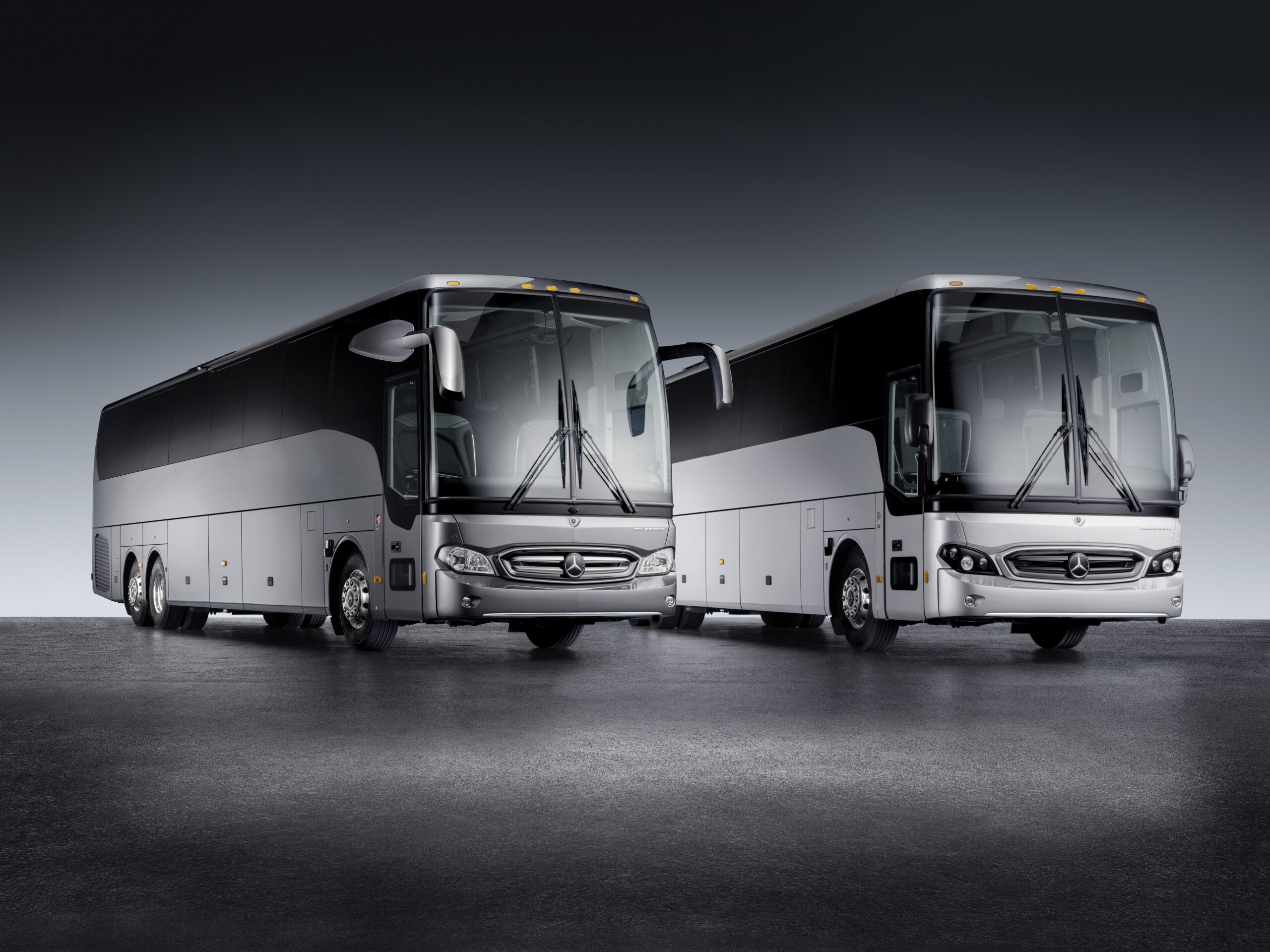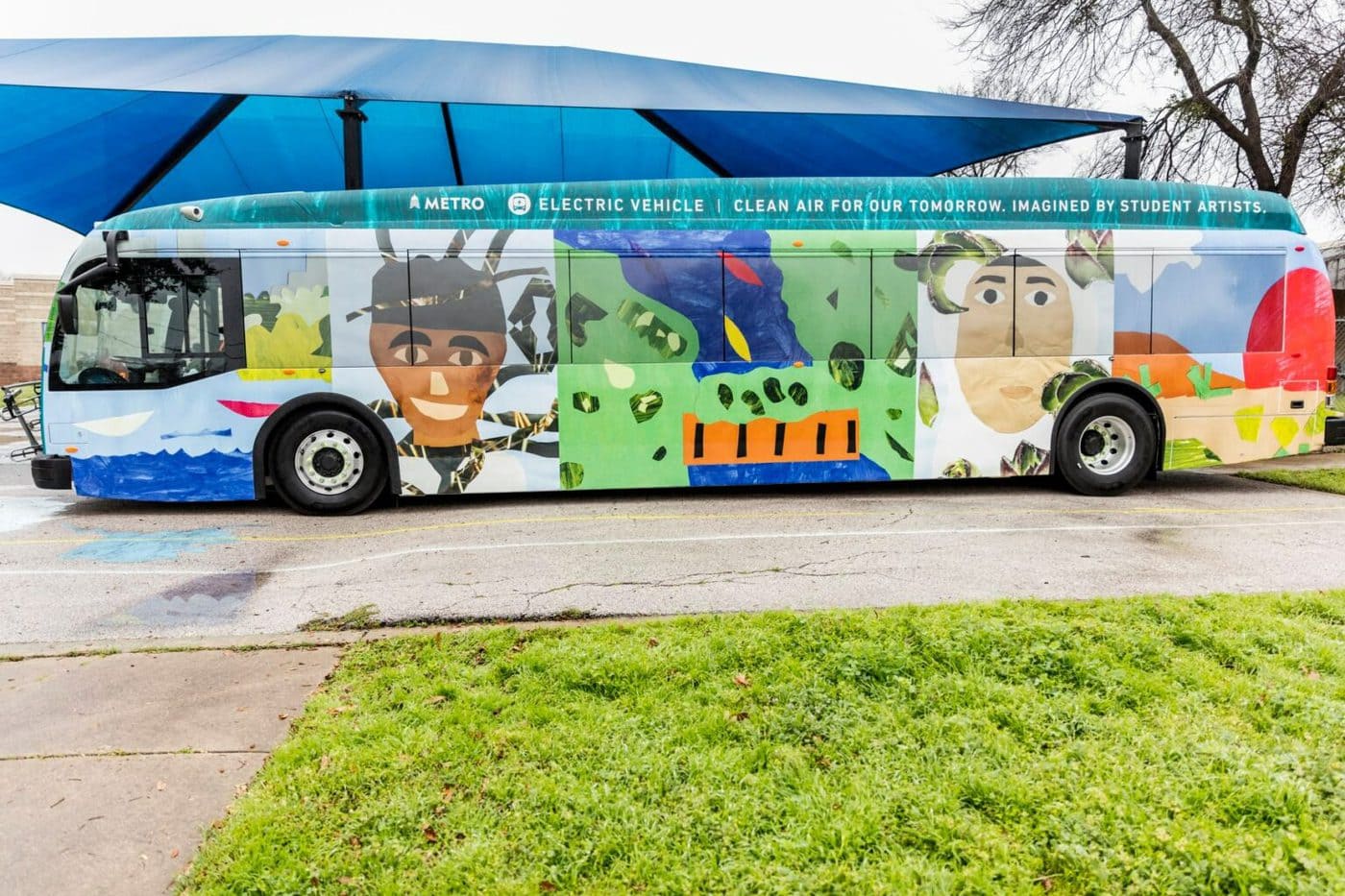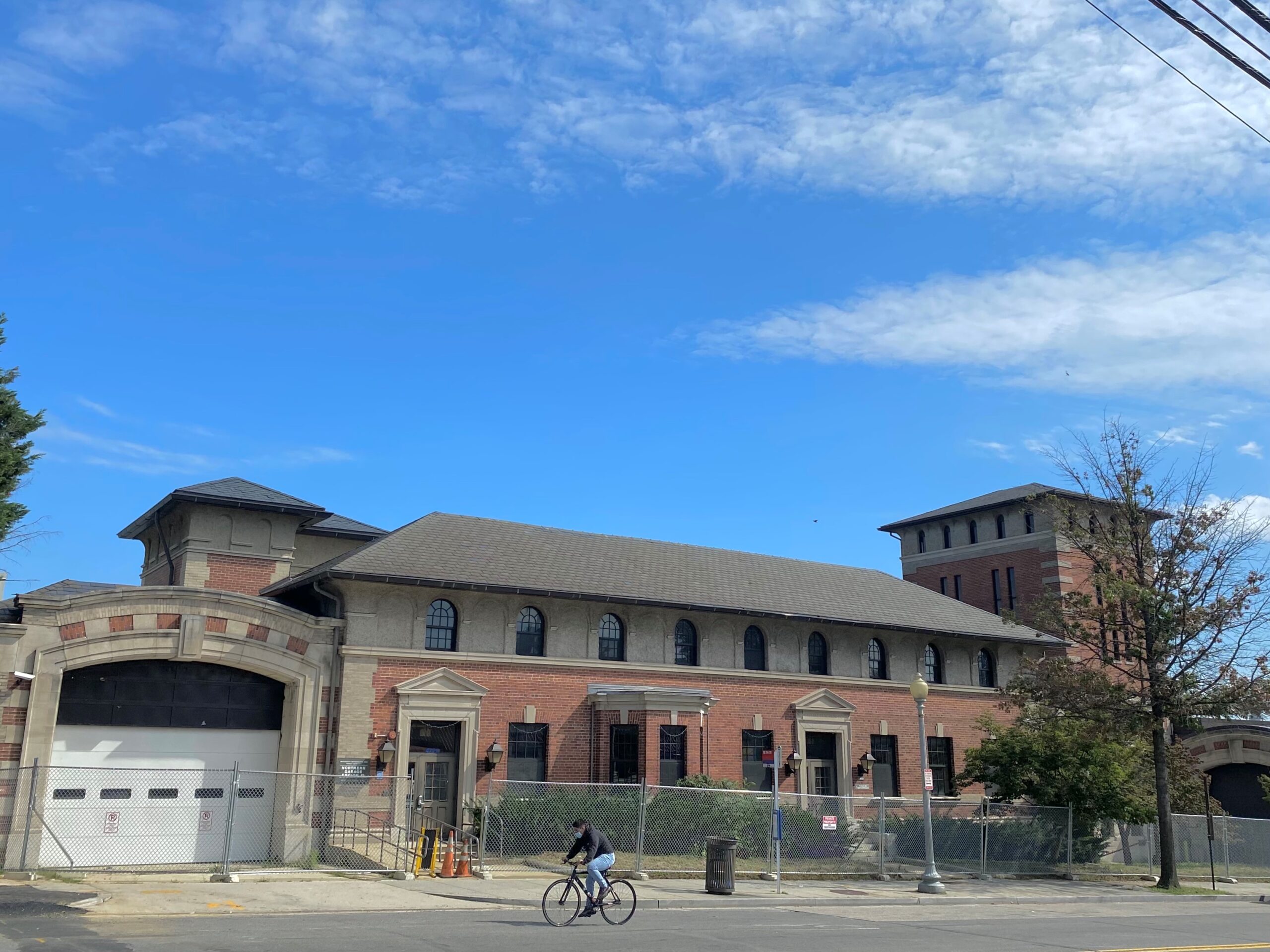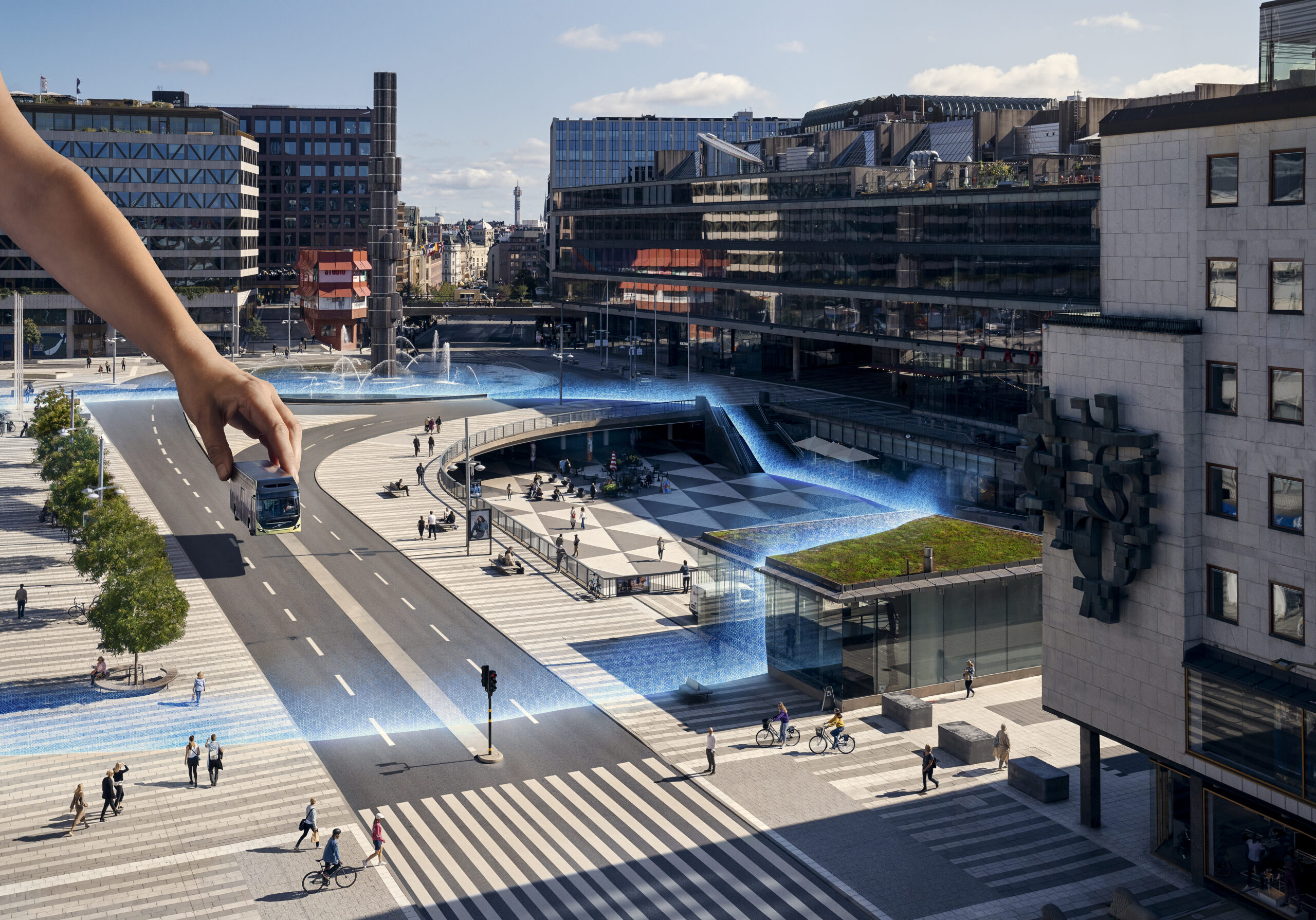The Road Ahead: The Importance of Public Transport in Building a Sustainable Future

Solveig Ellila Kristiansen, Ticketer Group CCO and FARA CEO said:Bus travel is undergoing a revolution, with new technology incentivising passengers and supporting sustainable transport goals.
Climate change is a global concern, and with the rise in extreme weather conditions such as heatwaves and flash floods, it simply cannot be ignored. In recent years, the public call to fight back has grown louder and today almost all of us are looking for ways to play our part.
Lock downs and stay-at-home orders caused the world to pause, highlighting the effect our busy modern lives have on the environment. Whilst cars stayed on driveways air quality improved, but as routines return to normal, pollution levels will rise again. As the world re-opens, we need to look for ways to save the environmental gains made over the last 18 months, and more importantly, create new ones.
This year, sustainability and the environment are at the forefront of minds due to November’s UN Climate Change Conference (COP26) and the fact we have an opportunity to build back greener post-pandemic. Public transport has a hugely important role in pushing forward the green agenda. It supports European Commission’s (EC) climate targets and many of the United Nations’ (UN) sustainable development goals, such as goal number 11, which focuses on sustainable transport.
Part of addressing this is improving air quality, and since cars cause over 50% of the transport sector’s greenhouse gases, the more people we can get out of their private vehicles and onto public transport the better.
How Buses Support Green Mobility
Buses in particular have a key part to play in providing greener transport solutions. For example, a full single decker bus equates to 40 cars off the road, while a double decker equates to 75. This is particularly positive news, since the Union Internationale des Transports Publics, or International Association of Public Transport (UITP) records buses as the world’s most used mode of public transport.
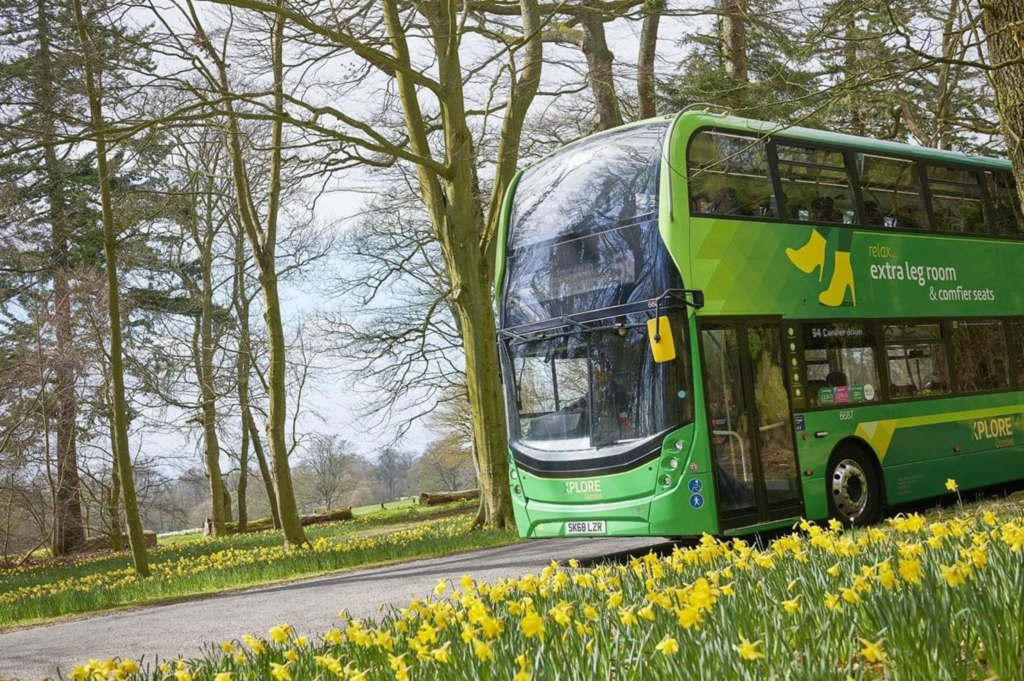
New zero emission and carbon neutral technologies such as electric and hydrogen bus fleets, help even more by reducing greenhouse gas emissions further. This is something we’re seeing high on agendas, both from the UK government, which talks about delivering a green revolution in the Department for Transport’s 2021 National Bus Strategy for England, and passenger transport authorities (PTAs) in the Nordics, who we’re working closely with in this area. Nordic countries are well known for their green goals, with Sustainability Today reporting Sweden as the most sustainable country in the world, followed closely by Denmark in fourth and Norway in fifth place.
We’re also seeing customers roll-out technological solutions that offer not only eco-benefits but also financial rewards. For example, real-time route planning software helps operators to ensure buses are not running empty or unnecessarily, carbon footprint reporters and passenger counting solutions support route optimisation, and competitive eco-driving solutions incentivise drivers to operate buses in a way that lowers fuel consumption and carbon emissions.
We see a very positive trend with the transition to zero-emission technology, such as electrical vehicles, is happening at a much higher speed than most reports predicted. 5,565 new electric buses were registered in the EU in 2020, with an expected conversion rate of 45% in 2025 and 65% in 2030 respectively. This transition comes with its own set of challenges that we at Ticketer Group can help to overcome. For example, by monitoring state-of-charge battery wear with our SmartHUB, the greenest and most cost-effective ITxPT9 Vehicle Gateway in the market. This, combined with our continuous development of AI adaptive technologies, like TrueTime and TrueRange for advanced time and range predictions, ensure a safe and reliable operation using electrical vehicles for both transport operators, authorities, and passengers.
How Do We Get More People ‘On the Buses’?
All these solutions support green mobility, but the biggest change we need to make is getting more people to choose bus travel.
A report by the Confederation of Public Transport (CPT) noted that if everyone in the UK took one more bus journey a month, there would be 1bn fewer car journeys each year, lowering annual CO2 emissions by 2m tonnes. With this as an example, it’s clear that we need to change people’s travel behaviours, but how do we get more people to travel by bus?
Reliability is one factor, as prior to the pandemic 25% of car users told the CPT said they’d consider switching if services were more dependable. Efficiency and ease of use will also help convert more people to public transport, and we believe innovation and digitalisation are key to this.
Passengers want to be well informed and in control of their entire journey – from door to door – and a wide range of technology solutions are starting to revolutionise the operation of buses in a way that responds to these customer needs.
Many trends grew due to the pandemic, for example touch-free travel through technologies such as contactless payment. Demand also grew for capacity information, as operators looked to ensure social distancing.
Tap On / Tap Off readers have simplified passenger counting, but also grown in demand as a way for operators to better understand passenger journeys and optimise route planning. As we move past the pandemic, we’re seeing other uses of this data emerge. Passengers are now using this information to help plan their journeys by checking to ensure there’s space for them on an upcoming bus, while operators are turning to data analytics to look for new ways to improve efficiencies and better service customers moving forward.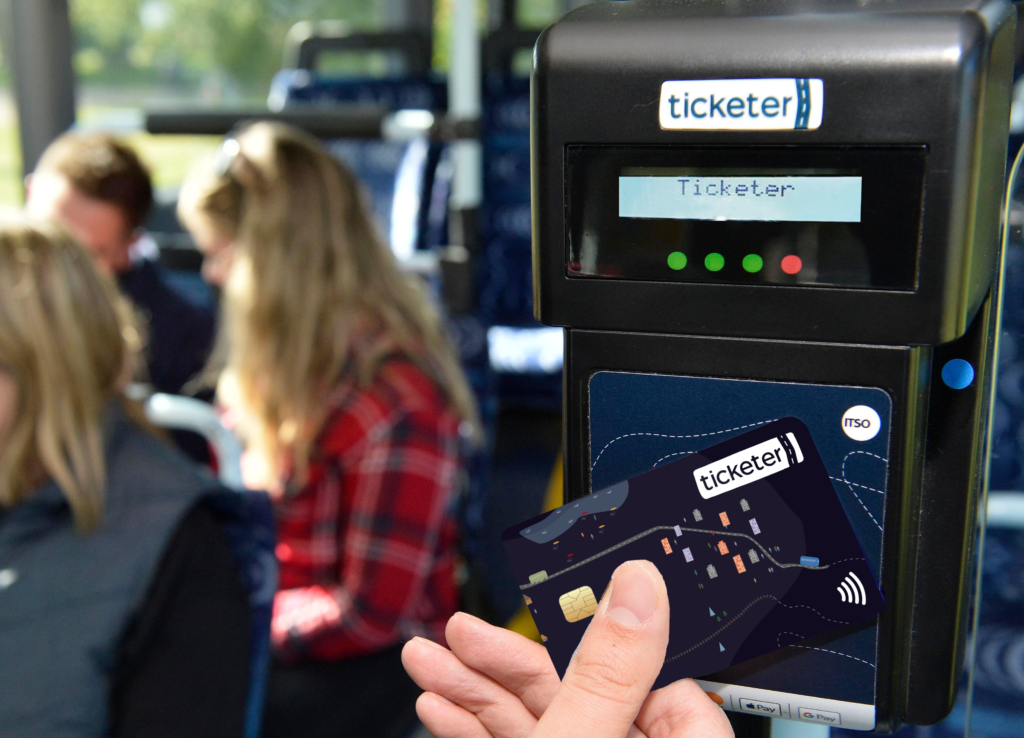
Sustainability Is Bigger than Just the Green Agenda
It’s important to note that sustainability goes beyond environmental concerns – for example, the UN’s sustainable development goal 11.2 is to provide access to safe, affordable, accessible and sustainable transport systems for all.
Smart mobility also supports wider sustainability goals like this, with solutions that ensure connection assurance for passengers, enable operators to advise wheelchair users in advance which buses can accommodate them, and let users notify operators when and where they will need assistance boarding.
We’re also seeing exciting advancements in the area of smart urban planning and the use of data to improve the flow and capacity of public transport systems, and one of the hottest topics has to be Demand Responsive Transport (DRT). This is the ability to run services that don’t operate to a specific timetable or route, but rather to flexible passenger demand. A game-changer for sustainable mobility, this could revolutionise public transport, better connecting rural and urban areas and making public transport easier and more accessible than ever before.
We’re delighted to be at the forefront of this area, as Ticketer recently partnered with Via to look at new ways for DRT to be integrated into ‘conventional’ bus networks. We’re also passionate about the wider smart mobility arena, and FARA is working closely with PTAs on new technologies that will make bus travel exciting, easy, accessible, and most importantly, sustainable.
There are many challenges ahead, but it’s an inspiring time to be working ‘on the buses’. Ticketer Group is excited to play its part in revolutionising the industry. We are currently developing our future strategy that will focus strongly on contributing to the green agenda. We look forward to taking this journey with you…
This article was originally published by Ticketer.

